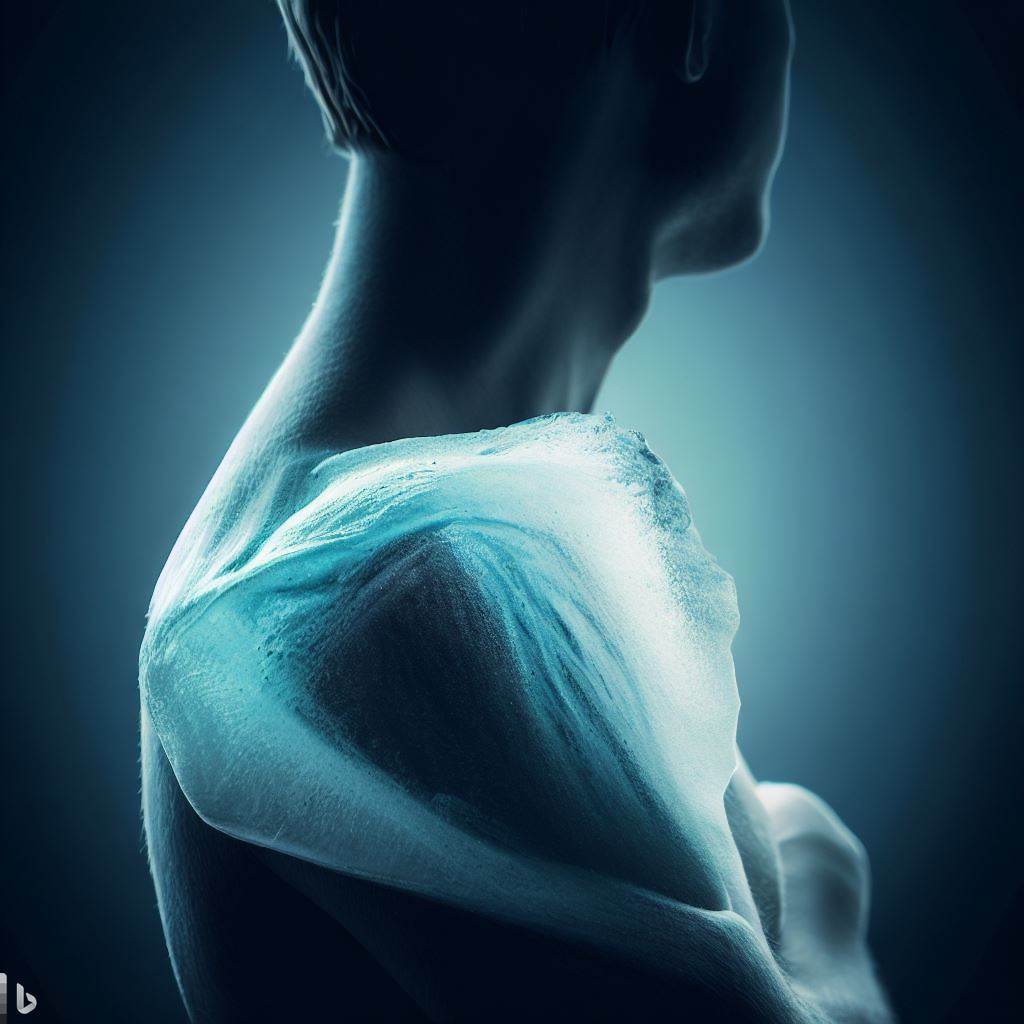PRP treatment for frozen shoulder has recently been shown to be the first, and possibly only, effective treatment for this painful condition.
Frozen shoulder, also known as adhesive capsulitis, is one of the most common and painfully debilitating conditions affecting the shoulder. In adhesive capsulitis, the shoulder joint is frozen in position by shoulder adhesions within the joint capsule. Between 10 to 15 million Americans are affected by this painful shoulder condition every year1.
Adhesive capsulitis can occur spontaneously or because of shoulder trauma and/or surgery. Frozen shoulder is self-limiting in almost all cases, with the natural course of frozen shoulder taking 12–42 months before resolution.
No hard evidence of frozen shoulder benefit for any conventional treatments offered
Fifteen percent of the frozen shoulder patients experience long-term disability (> 2 years) due to chronic loss of shoulder mobility, with very little benefit from conventional treatments, including physical therapy, steroid injection, capsular distention, surgery, ultrasound, and laser. Physical therapy and supervised home exercises are considered important in the non-surgical treatment of shoulder pain and frozen shoulder, although there is no hard evidence for benefit in the literature for any of the conventional treatments listed above.1
In adhesive capsulitis, the shoulder capsule develops fibrosis and adhesions that restrict mobility
In adhesive capsulitis, the glenohumeral (GH) shoulder capsule develops fibrosis and adhesions that restrict mobility. Collagen and growth factors can be produced by platelet-rich plasma (PRP), which promotes stem cells and, as a result, improves the healing process. This study2 was done to determine the role of PRP injection in the treatment of adhesive capsulitis in terms of improvement in pain.
With expert PRP injection, frozen shoulder can recover in weeks, not years
The results of this PRP for frozen shoulders study were remarkable, especially since no other non-surgical treatment has been found to help frozen shoulders.In a total of 305 cases, patients aged 49 to 71 years, 54% were male and 46% were female. In 87.5% of cases, an improvement of greater than 50% was observed at the 6-week follow-up.2
If you or someone you know develops frozen shoulders, don’t let them be in pain for several years. Instead, help them quickly recover in weeks, not years, by referring them for effective, non-surgical treatment experts at Oregon Regenerative Medicine.
Dr. Noel Peterson, ND, DAAPM, is the Medical Director of Oregon Regenerative Medicine, and has practiced naturopathic medicine in Lake Oswego, OR, since 1978. He specializes in natural and regenerative cellular medicine, including Prolotherapy, PRP (Platelet Rich Plasma), and Autologous Stem Cell therapy. Peterson has taught prolotherapy nationally and internationally. In 2019, the Oregon Association of Naturopathic Physicians (OANP) and National University of Natural Medicine (NUNM) selected Dr. Peterson to be honored with naturopathic medicine’s prestigious Living Legend Award.
Sources
- van de Laar S, van der Zwaal P. Management of the frozen shoulder. Orthop Res Rev. 2014;6:81-90, https://doi.org/10.2147/ORR.S71115
- Haider S, Awais M, Iqbal M (October 21, 2022) Role of Platelet-Rich Plasma in the Treatment of Adhesive Capsulitis: A Prospective Cohort Study. Cureus 14(10): e30542. doi:10.7759/cureus.30542 https://www.ncbi.nlm.nih.gov/pmc/articles/PMC9678237/



